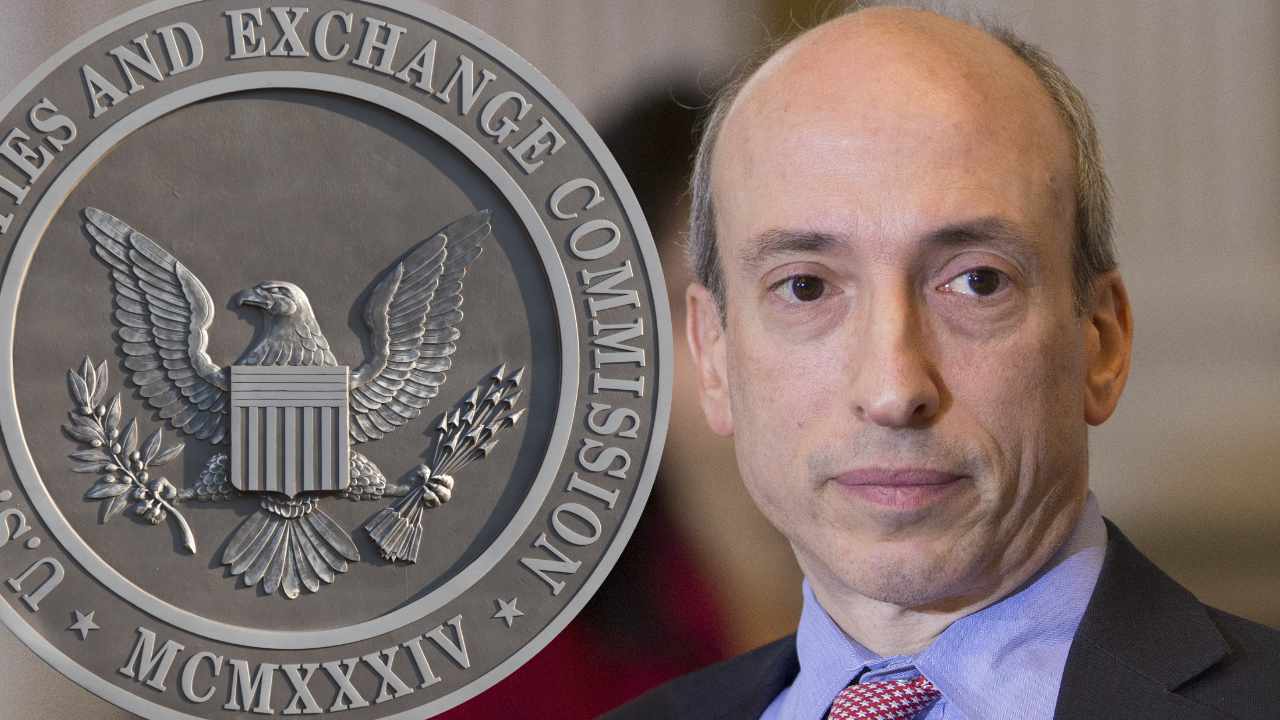The chairman of the U.S. Securities and Exchange Commission (SEC), Gary Gensler, has outlined what to expect from the securities watchdog on crypto regulation. “We do have robust authorities from Congress also to use our exemptive authorities that we can tailor investor protection,” he explained.
Chair Gensler Highlights SEC’s Work on Crypto Regulation
SEC Chairman Gary Gensler outlined what to expect from his agency on U.S. crypto regulation Thursday in an interview with Yahoo Finance Live. He was asked, “What can we expect from the SEC in the coming months on the crypto regulatory front?”
Gensler replied: “More broadly, the public right now would benefit from investor protection around these various service providers … the exchanges, the lending platforms, and the broker-dealers.” The SEC chief elaborated:
So, we at the SEC, are working in each of those three fields — exchanges, lending, and the broker-dealers — and talking to industry participants about how to come into compliance, or modify some of that compliance.
Gensler stressed he has repeatedly told crypto exchanges, trading platforms, and lending platforms: “Come in, talk to us.”
He explained that the SEC has the authority from Congress to modify some rules to better protect investors, stating:
We do have robust authorities from Congress also to use our exemptive authorities that we can tailor investor protection.
He noted that the securities watchdog can even tailor what the disclosures might be for tokens themselves, adding that perhaps not all disclosures for someone issuing equities apply to crypto issuers.
“The public benefits by knowing full and fair disclosure and that somebody is not lying to them … basic protection,” the SEC boss emphasized.
Regarding what to expect from his agency on crypto regulation, Gensler further shared:
We are also looking at the tokens, the stablecoins, and the non-stablecoins. Separately, we do have discussions with the bank regulators and with our friends and colleagues at the CFTC.
He reiterated that “Bitcoin is a non-security token,” adding that with non-security tokens, the SEC will send information to the Commodity Futures Trading Commission (CFTC) and “collaborate as best we can.” In June, Gensler said bitcoin is a commodity but would not comment on other crypto tokens, including ether (ETH).
The SEC chair proposed in May “one rule book” for the regulation of crypto tokens. He revealed at the time that he is working on a memorandum of understanding with his counterparts at the CFTC, noting that it would be a formal deal to ensure that trading in digital assets has adequate safeguards and transparency.
Following the collapse of cryptocurrency terra (LUNA) and stablecoin terrausd (UST), Gensler warned that many crypto tokens will fail. He also cautioned investors about “too good to be true” crypto products after crypto lender Celsius Network froze withdrawals.
The SEC is currently probing Celsius over its decision to freeze accounts. The crypto firm filed for bankruptcy protection last week. The securities regulator is also investigating Do Kwon’s Terraform Labs and UST.
What do you think about the comments by SEC Chairman Gary Gensler on crypto regulation? Let us know in the comments section below.
Image Credits: Shutterstock, Pixabay, Wiki Commons, lev radin
Disclaimer: This article is for informational purposes only. It is not a direct offer or solicitation of an offer to buy or sell, or a recommendation or endorsement of any products, services, or companies. Bitcoin.com does not provide investment, tax, legal, or accounting advice. Neither the company nor the author is responsible, directly or indirectly, for any damage or loss caused or alleged to be caused by or in connection with the use of or reliance on any content, goods or services mentioned in this article.



